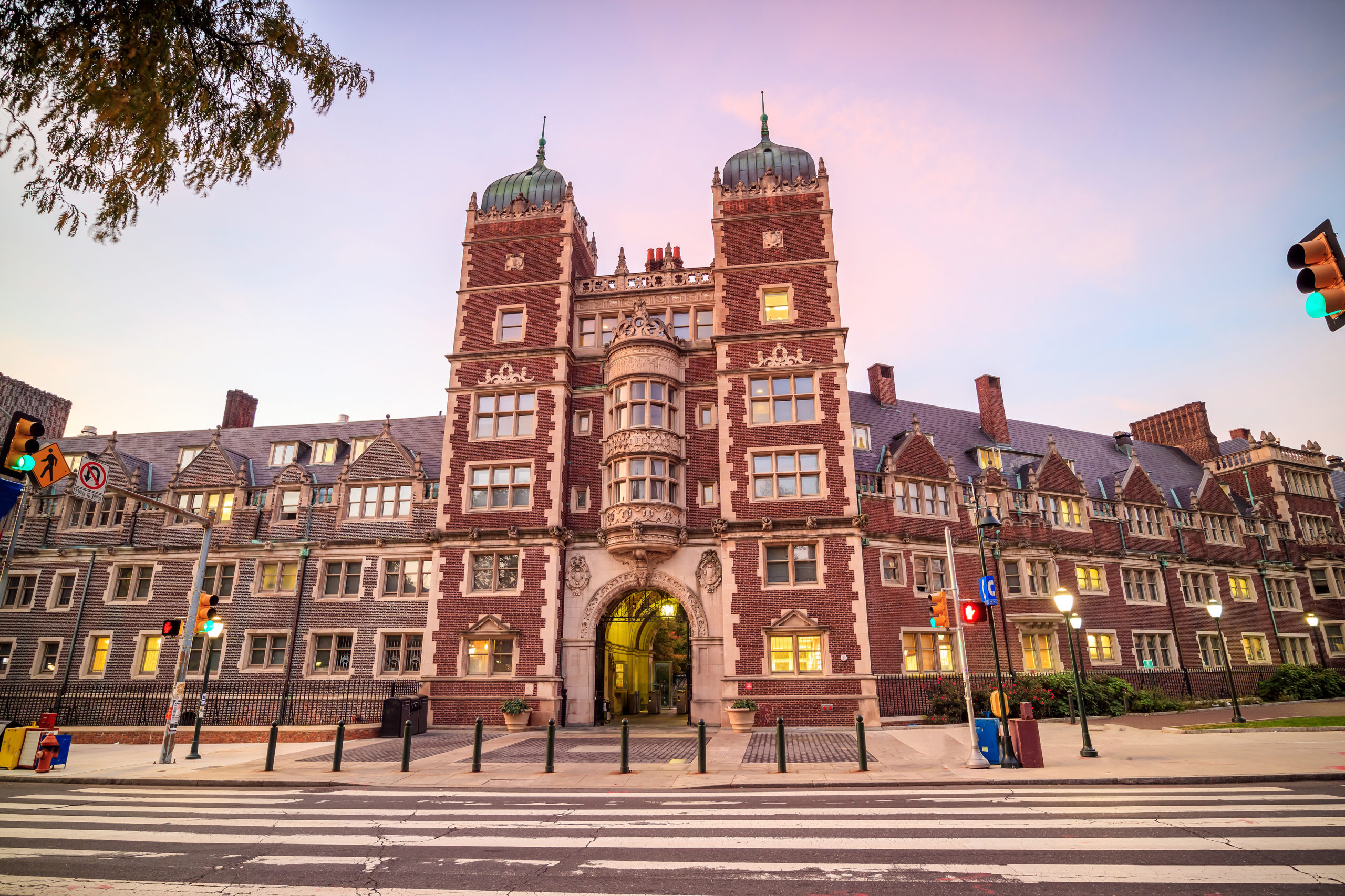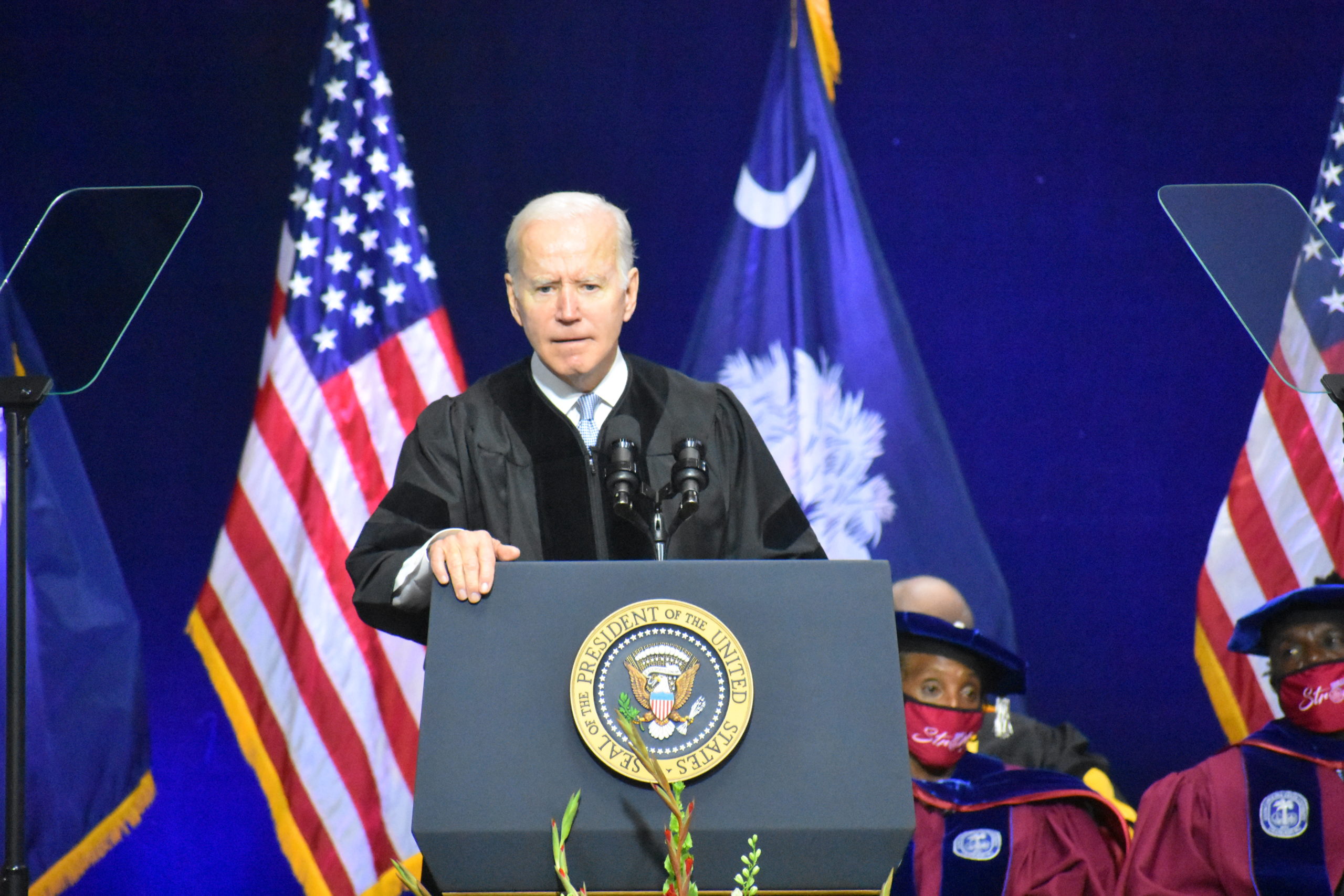The warning is coming from inside the bubble.
Stop the Credential Factories

Donors need to support institutions that produce quality PhDs.
With the takeover of New College of Florida, conservative education reformers won their first battle in the war against the powerful higher-education cartel. The model of state government backed hostile takeovers is promising, but this project is on the brink of a disaster not of its own making.
As conservatives were marginalized within academia, the cadre of potential future professors saw the writing on the wall. As a young professor put it to me recently, if a person happens to bear the misfortune of being born a straight white male, his chance of attaining a livable position within the academic world is vanishingly low. Instead of investing additional years of their lives into a PhD program, waiting for a stable position which might never come, right-of-center intellectuals instead—and not unwisely—chose to do something else. A generation or so of the brightest conservative minds dedicated their talents to law, computer programming, and think-tanking instead of history, political science, or philosophy.
While this was a valid response to market pressures, the Right lost the next generation of academics. David Randall of the National Association of Scholars described the inevitable consequence: it has become exceptionally difficult to find conservative professors to fill academic positions even when an institution desires to do so. This is largely due to a massive shortage of conservatives entering and graduating from graduate-level programs.
The perspective of those 20- to 30-year-old prospective academics is poorly documented. To grasp the causes of the problem, I spoke with several young right-of-center scholars to get a sense of why they are choosing alternative career paths to academia.
A significant factor in the abandonment of the PhD track is a grounded economic calculus. As the United States becomes poorer, Millennials and Zoomers face strong pressures toward downward mobility. This is not an issue of owning a slightly smaller house or driving a more basic car, but of owning a home and affording children, educating them wholesomely, and raising them in a safe neighborhood. To achieve the lifestyle that used to be taken for granted requires a level of income that is incompatible with a five-year (or more realistically, seven- to eight-year) PhD program that promises perilous employment prospects thereafter. This is not merely a financial problem. While hostage to a PhD program, it is virtually impossible to do anything else productive with one’s life.
Even if one wishes to advance their graduate studies, it is no longer feasible for the majority of aspirants. The Left’s takeover of academia is so thorough that it is challenging to find a compatible thesis advisor, much less an enriching program. As the number of potential conservative PhD supervisors dwindles, it becomes more difficult to become a conservative PhD in the first place. History, for example, isn’t just woke because being woke is the latest academic trend; history is woke because conservatives opted out of becoming institutional historians.
Universities no longer have a monopoly on the primary service they ostensibly provide: developing and accessing expertise. The internet has made most specialty works available through legitimate (and legally gray) outlets. Authors are frequently willing to share their paywalled articles by emailing them, and rare books can be borrowed through interlibrary loan at your local public library. The cultivation of expertise is decreasingly viewed as a benefit of a PhD program, as such programs are more likely to encumber, rather than create, mastery. PhD programs have become less attractive in comparison with their online competition.
Developing expertise in one’s own time allows for an education unencumbered by prerequisite requirements or indoctrination. An online subculture of academics and independent scholars has emerged to fill in the niche. On X, pseudonymous (and non-pseudonymous) accounts discuss academic articles and ideas, speculating about cutting-edge concepts outside the ivory tower. One such account is Stone Age Herbalist, a dissident anthropologist who writes about the weird, wonderful, and politically incorrect history of the human species. Ex-academics such as Michael Millerman and Athenian Stranger offer online courses to interested students. This online intellectual network is capable of cultivating expertise among outsiders (after all, no one is requesting transcripts) while providing the opportunity for mentorship and intellectual development, enabling learning and scholarship to migrate beyond the academy.
What, then, is a PhD program still good for? Credentialing.
In many circles, a PhD is the golden signal of expertise, as much as kashruth indicates status or PCGS guarantees a coin’s authenticity. A PhD is a marker of prestige, the imperial examination within our bureaucratic regime of “rule by experts.” Coincidentally, it also allows one to teach college students in a socially approved and economically viable way. Therefore, online intellectual spaces may substitute institutions, but they are unable to replace them.
One may imagine the objection of a senior academic: “So what! If you really wanted to teach, you would go get a PhD anyway.” Fair enough. But the reality is that younger conservatives have responded to the economic pressures and social incentives by trading the gratification that would come from teaching for family, stability, and independent scholarship. Conservatives have made their calculus; the resulting personnel shortage speaks for itself.
If conservatives are serious about rebuilding the academy, they need to focus on the supply-side issue of producing a new cadre of credentialed Right-intellectuals. If education reformers are unable to staff the so-called “Based Departments” being established across the country, the entire venture will be a massive waste of money, effort, and political will. Failure will cement the Left’s control of the academy, formalize the class distinction between educated Left-elites and the Right, and mortally injure any possibility of the Right retaking high culture.
There still are a handful of excellent programs producing a reserve of conservative PhDs. Hillsdale College, Catholic University of America, Baylor University, and the University of Dallas still produce outstanding conservative scholars, albeit not enough to satisfy the demand. Given that it costs a great deal of money to expand a graduate program, or even produce a single PhD, donors serious about higher education might consider supporting and growing the remaining graduate programs which strengthen our culture and country. Rebuilding the American professoriate will ultimately require rewiring the incentives that keep conservatives from credentialing. Some of America’s best businessmen are conservative donors—if they don’t like the current state of academia, they should help fund the alternative. And the alternative needs professors.
The American Mind presents a range of perspectives. Views are writers’ own and do not necessarily represent those of The Claremont Institute.
The American Mind is a publication of the Claremont Institute, a non-profit 501(c)(3) organization, dedicated to restoring the principles of the American Founding to their rightful, preeminent authority in our national life. Interested in supporting our work? Gifts to the Claremont Institute are tax-deductible.
American Education and the Cult of Victimhood
The University of Pennsylvania Law School is gunning to expel a heterodox professor.
When STEM goes woke, the university system is through.
The Biden administration seeks to impose a radical ideology on campuses.
Christian colleges in a pagan culture






